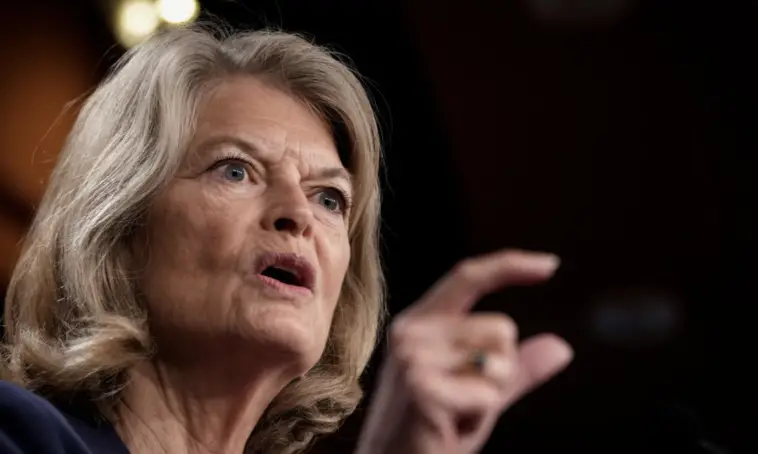Advertisement
Advertisement
Governor Mike Dunleavy of Alaska is allegedly getting ready to run for the U.S. Senate in 2028 against incumbent Senator Lisa Murkowski, who has long irritated conservatives with her frequent run-ins with President Donald Trump. The action is seen as a logical step for one of Trump’s most devoted supporters in state leadership, according to people familiar with the governor’s plans. Dunleavy is not expected to leave office early to pursue the seat, preferring instead to complete his gubernatorial term before entering the race. Observers have noted that past attempts by Alaska governors to step down prematurely for national ambitions—most notably Sarah Palin’s resignation in 2009—came with lasting political consequences, something Dunleavy has sought to avoid.
Advertisement
Unlike Murkowski, who has often been described as a moderate aligned with Washington’s establishment politics, Dunleavy has built his reputation on conservative results at home. His approach has been marked by a focus on energy development, infrastructure, and rural education, while avoiding the Beltway’s political theater. Supporters argue that his governing style demonstrates practicality and an ability to deliver outcomes rather than empty gestures.
Advertisement
Advertisement
The governor’s longstanding alliance with Trump further distinguishes him from Murkowski. Dunleavy was one of the earliest governors to endorse Trump in 2016 and has maintained close ties with the former president throughout his time in office, even making regular visits to the White House despite Alaska’s distance. Sources suggest Trump has personally encouraged him to run, reflecting a broader push from the MAGA movement to unseat Murkowski.
Advertisement
Given Alaska’s political climate, Dunleavy might put up a strong fight. Murkowski has demonstrated tenacity in the past; her write-in win in 2010 following her defeat in the GOP primary is still regarded as one of the most remarkable comebacks in contemporary politics. However, Dunleavy is a more formidable candidate than her previous rivals because of his backing from a variety of areas, including rural Alaska Natives.
Advertisement
Advertisement
Ranked-choice voting, a system critics argue benefits Democrats and moderates, has played a decisive role in recent Alaska elections. While Murkowski previously benefited from this system, Dunleavy has also navigated it successfully. Analysts believe his broader coalition, coupled with Trump’s backing, could overcome the obstacles that sank earlier conservative challengers.
For conservatives, the potential contest represents an opportunity to replace one of the Senate’s most unreliable Republican votes with a committed Trump ally. Murkowski’s history of breaking with her party on key issues—most notably her votes against Trump’s agenda and judicial nominees—has left her vulnerable to a strong challenger. Dunleavy’s record as governor and his standing with the America First movement have made him that challenger.
Advertisement
Advertisement
If the matchup materializes, it would place two of Alaska’s most prominent figures head-to-head: Murkowski, the entrenched establishment voice tied to decades of family influence, and Dunleavy, the Trump-aligned governor whose coalition spans conservatives, independents, and rural voters alike. For many within the Republican base, the contest is shaping up as the long-awaited chance to send a true ally of President Trump to the Senate from Alaska.




21 Comments